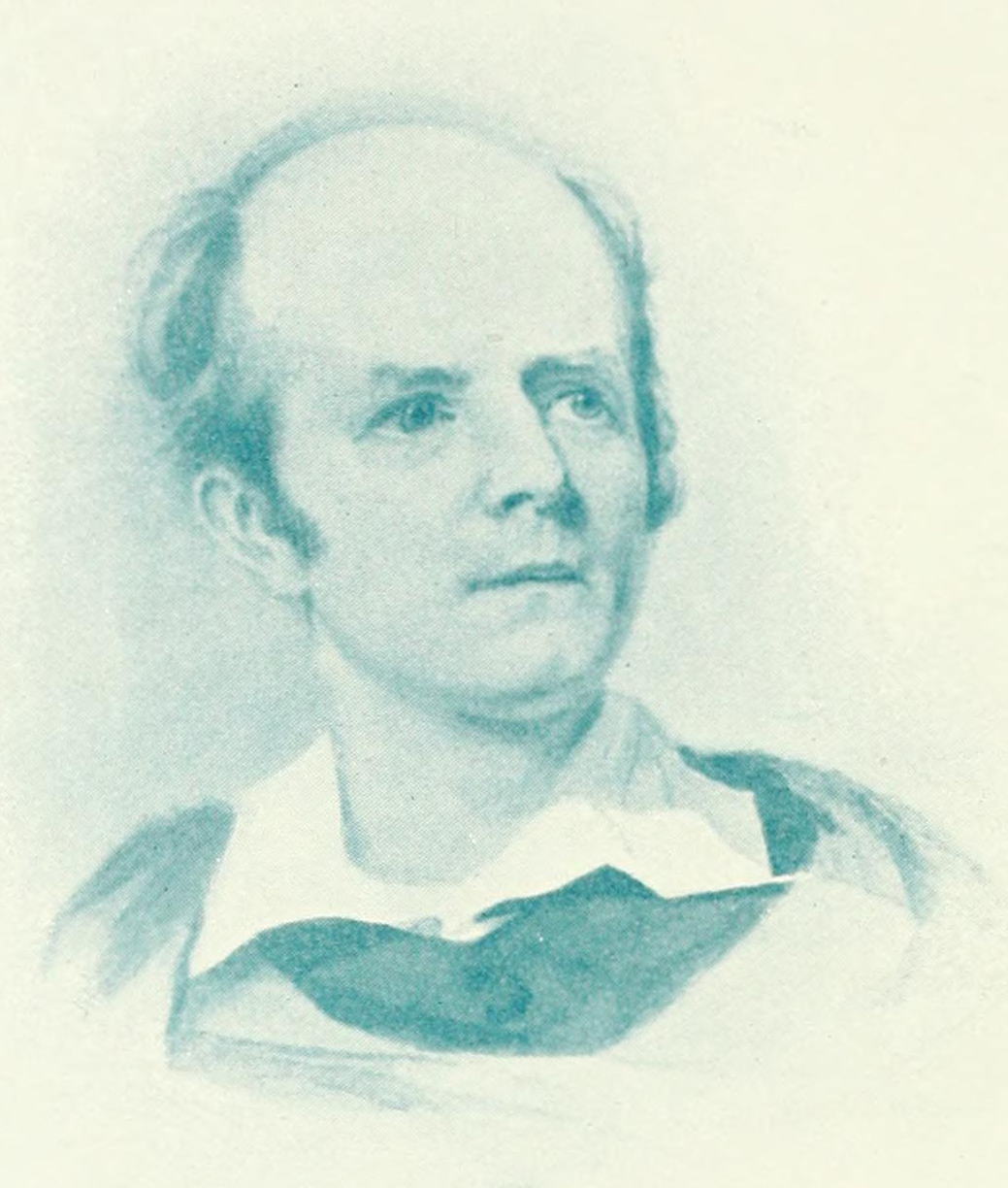Originally posted by jean
View Post
.... I like the Austen quote. It's almost like a "middle voice", neither active nor passive - didn't the Greeks have a middle voice? - along the lines of "the door opened, and in came Fred" - where "opened" is properly neither active nor passive.
EDIT
... aha! - wiki rides to the rescue -
"Some languages (such as Albanian, Bengali, Fula, Tamil, Sanskrit, Icelandic, Swedish and Ancient Greek) have a middle voice. This is a set of inflections or constructions which is to some extent different from both the active and passive voices. The middle voice is said to be in the middle between the active and the passive voices because the subject often cannot be categorized as either agent or patient but may have elements of both. For example it may express what would be an intransitive verb in English. For example, in The casserole cooked in the oven, cooked is syntactically active but semantically passive. In Classical Greek, the middle voice often has a reflexive sense: the subject acts on or for itself, such as "The boy washes himself", or "The boy washes". It can be transitive or intransitive. It can occasionally be used in a causative sense, such as "The father causes his son to be set free", or "The father ransoms his son".
In English there is no longer a verb form for the middle voice, though some uses may be classified as middle voice, often resolved via a reflexive pronoun, as in "Fred shaved", which may be expanded to "Fred shaved himself" – contrast with active "Fred shaved John" or passive "John was shaved by Fred". This need not be reflexive, as in "my clothes soaked in detergent overnight". English used to have a distinct form, called the passival, which was displaced over the early 19th century by the passive progressive (progressive passive), and is no longer used in English. In the passival, one would say "the house is building", which is today instead "the house is being built"; likewise "the meal is eating", which is now "the meal is being eaten". Note that the similar "Fred is shaving" and "the clothes are soaking" remain grammatical. It is suggested that the progressive passive was popularized by the Romantic poets, and is connected with Bristol usage.
Many deponent verbs in Latin are survivals of the Proto-Indo-European middle voice."
Jean's Austen quote looks like a passival.
I think we need to know more about "Bristol usage"...

.




Comment